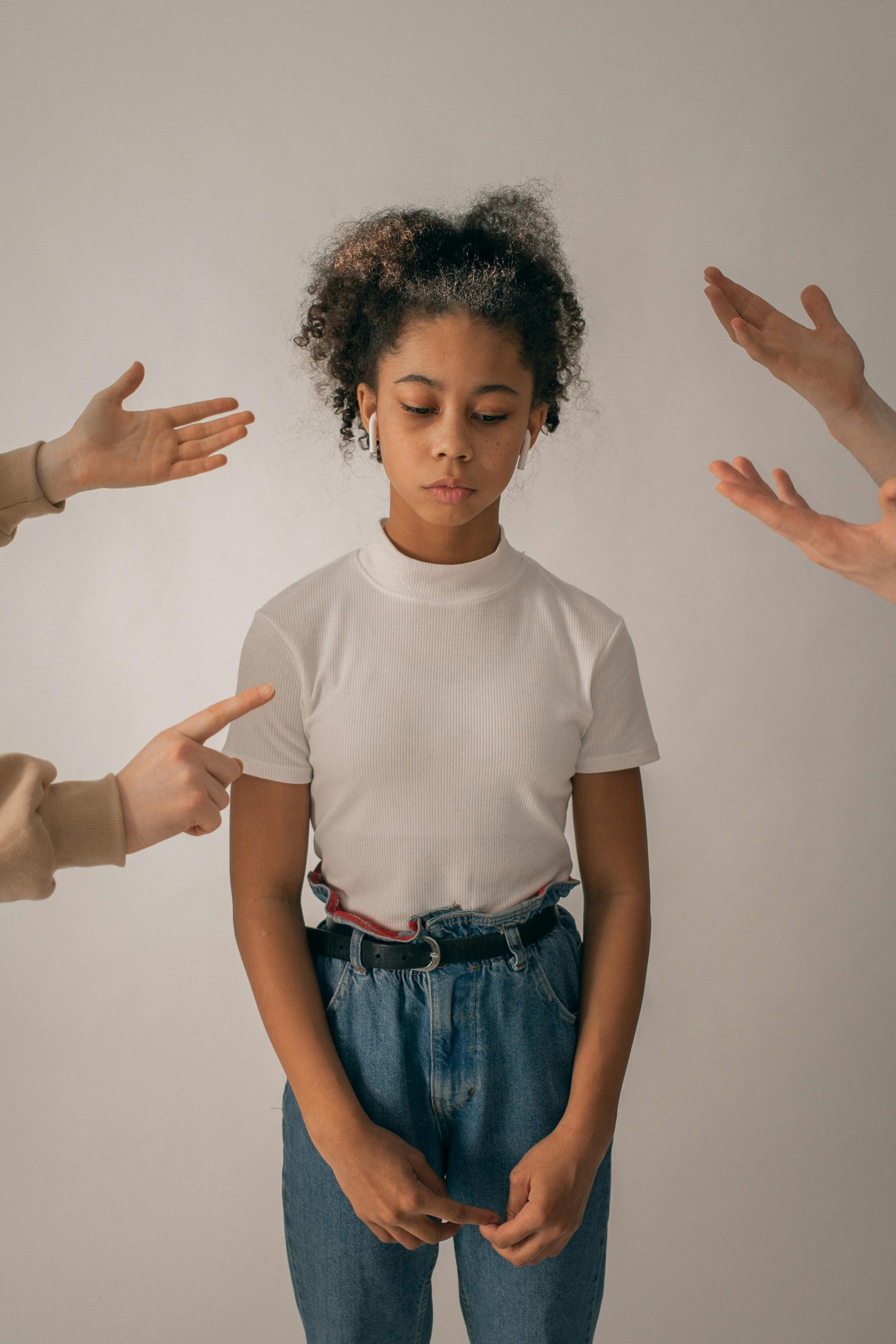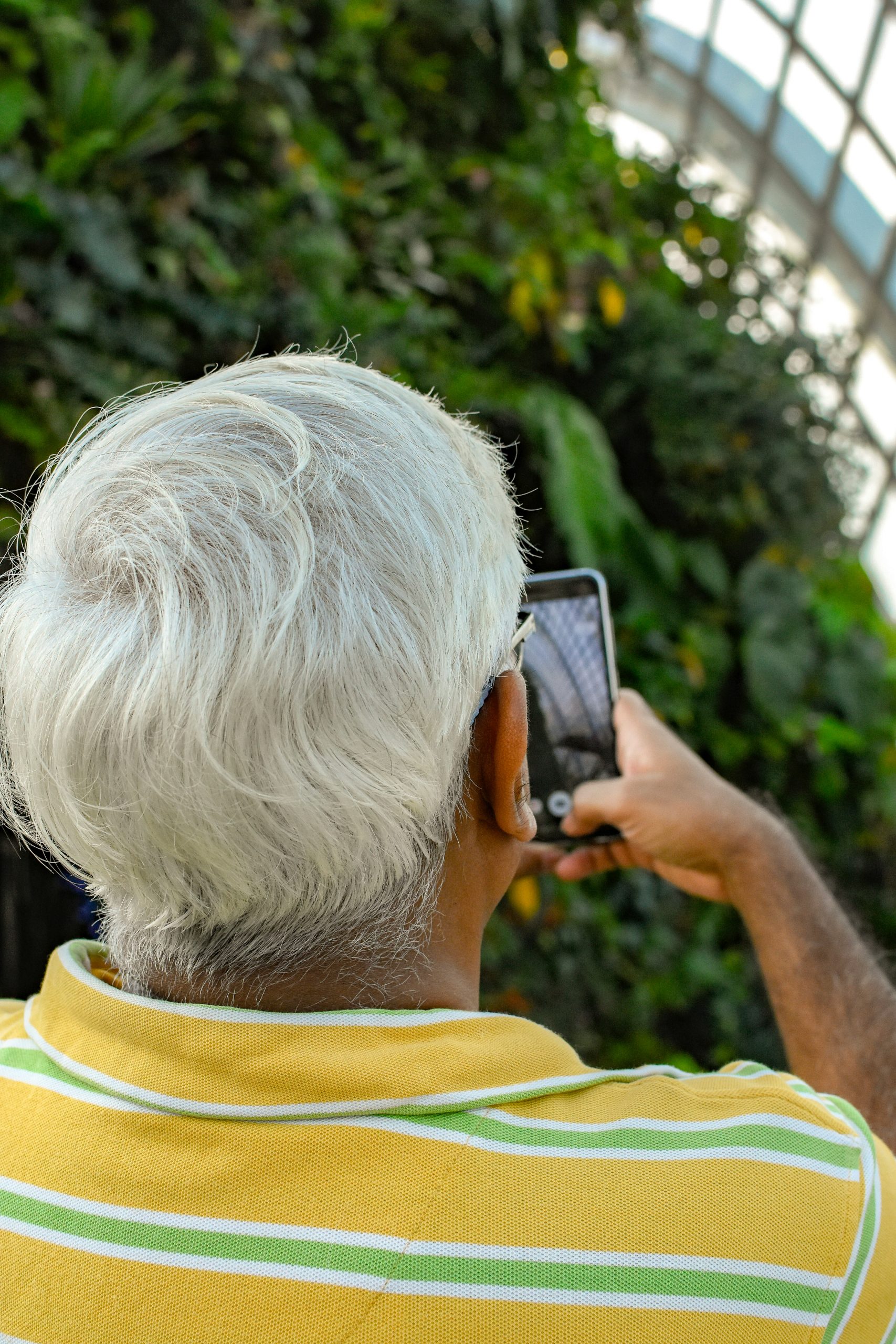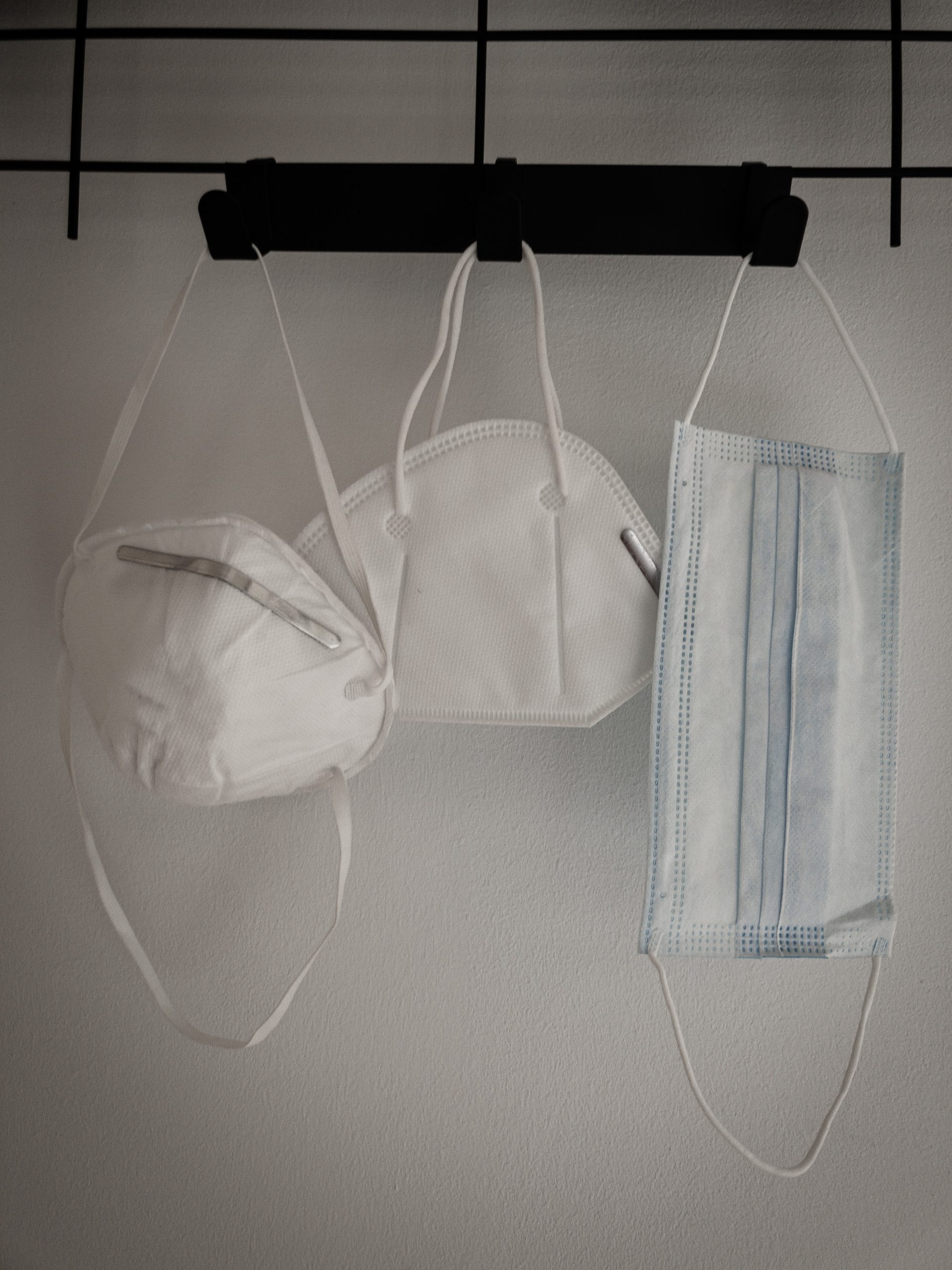Life weaves a tapestry of relationships, some vibrant and supportive, others leaving tangled threads of confusion. Sometimes, the lines between a powerful bond and trauma bonds can blur. I believe we have all come across the issue of feeling abandoned or neglected by friends or have become an emotional support sponge for their never-ending troubles.
This is especially true when it comes to trauma bonds and true friendships. While both can feel intense, understanding the difference empowers us to cultivate healthy connections that uplift us.
The Cycle of a Trauma Bond
Trauma bonds often form in unhealthy or abusive relationships. At their core, these bonds are created by an abuser who manipulates emotions, cycling between affection and negativity.
Imagine a rollercoaster: first comes the idealization phase, where the abuser showers you with attention, making you feel loved and secure. This “honeymoon” period creates a sense of intense connection.
However, this warmth soon gives way to the devaluation phase, where criticism, manipulation, or even violence take hold. The abuser may belittle you, blame you for their actions, or isolate you from your support system. This negativity creates fear and confusion.
Finally, the cycle reaches the reconciliation phase, with apologies and renewed affection. The abuser may act remorseful or promise to change, temporarily pulling you back in.
This tsunami of confusion creates a strong emotional attachment, even though the relationship is ultimately harmful. You crave the “good times” and fear losing the connection altogether, making it difficult to break free.
Warning Signs of a Trauma Bond
How can you tell if a friendship is turning sour and becoming a trauma bond? Here are some red flags to watch out for:
- Walking on eggshells: You constantly worry about upsetting the other person, feeling like you have to censor yourself or cater to their moods. I can tell from my personal experience that filtering what you can say or hiding what you feel takes a toll on your mental well-being.
- Fear of abandonment: The thought of leaving the friendship feels unbearable, even though the dynamic is unhealthy.
- Excusing bad behaviour: You find yourself constantly justifying the abuser’s actions, minimizing their negativity, or blaming yourself for their outbursts.
- One-sided support: The friendship feels unbalanced. You’re always there for them, offering emotional support and listening to their problems, but they rarely reciprocate.
- Feeling drained and empty: The relationship leaves you feeling emotionally exhausted, depleted, and questioning your own self-worth.
The Uplifting Power of True Friendship
True friendships, on the other hand, are a source of strength, joy, and feel like a warm blanket in times of sorrow and hardships. They are built on a foundation of mutual respect, trust, and open communication. They could even be described as “mutual unconditional love”.

True friends celebrate your victories, big and small, and are a shoulder to cry on during tough times. You should feel like you are a team, cheering each other through the highs and the lows. Here’s what sets these beautiful connections apart:
- Unconditional positive regard: True friends accept you for who you are, flaws and all. They appreciate your quirks, celebrate your strengths, and offer support without judgment.
- Honest communication: You can express yourself openly and feel truly heard. There’s a sense of safety and security in knowing you can be vulnerable without fear of ridicule.
- Healthy boundaries: Both you and your friend respect each other’s needs and personal space. You can say “no” without guilt and prioritize your own well-being. Sometimes rescheduling a meeting can actually be beneficial for the both of you. And you know that when the other person promises a “rain check” this promise will be kept.
- Shared joy and growth: True friendships are a two-way street. You uplift each other, celebrate each other’s successes, and encourage personal development. There’s a sense of loyalty and shared experiences that help you both grow emotionally.
- Feeling safe and empowered: A true friend energizes you. They inspire you to be your best self and believe in your dreams. The friendship leaves you feeling cherished, supported, and empowered.
Breaking Free and Building Anew
If you suspect you’re in a trauma bond, know this: you’re not alone. Healing is possible you just have to start form tiny steps that can help you regain your confidence and trust in friendships.
Learn about trauma bonds and healthy relationship dynamics. There are countless resources available online, libraries, and mental health professionals. Knowledge is power, and understanding these dynamics can be the first step towards healing.
Talk to a trusted co-worker family member, or a therapist. Sharing your experience with someone who cares can be incredibly validating and help you gain perspective.
Set boundaries: This might be the most challenging step, but it’s crucial for your well-being. Start prioritizing your own needs and saying “no” to requests that drain you. It’s okay to distance yourself from someone who is not respecting your boundaries.
Take the time to nourish yourself with healthy activities that bring you joy and help you manage stress. This could include exercise, spending time in nature, meditation, pursuing hobbies or just a nice pamper session. Give yourself time and space to listen to your inner voice, it is the most truthful guide you can ask for.
Final Remarks
Remember, building true friendships takes time and effort, but the rewards are immeasurable. By nurturing these connections, you create a support system that empowers you to become your best self.
Never forget that you deserve healthy, uplifting relationships that leave you feeling cherished and seen. So, untangle the web, embrace the light, and open yourself to the joy of true friendship.



